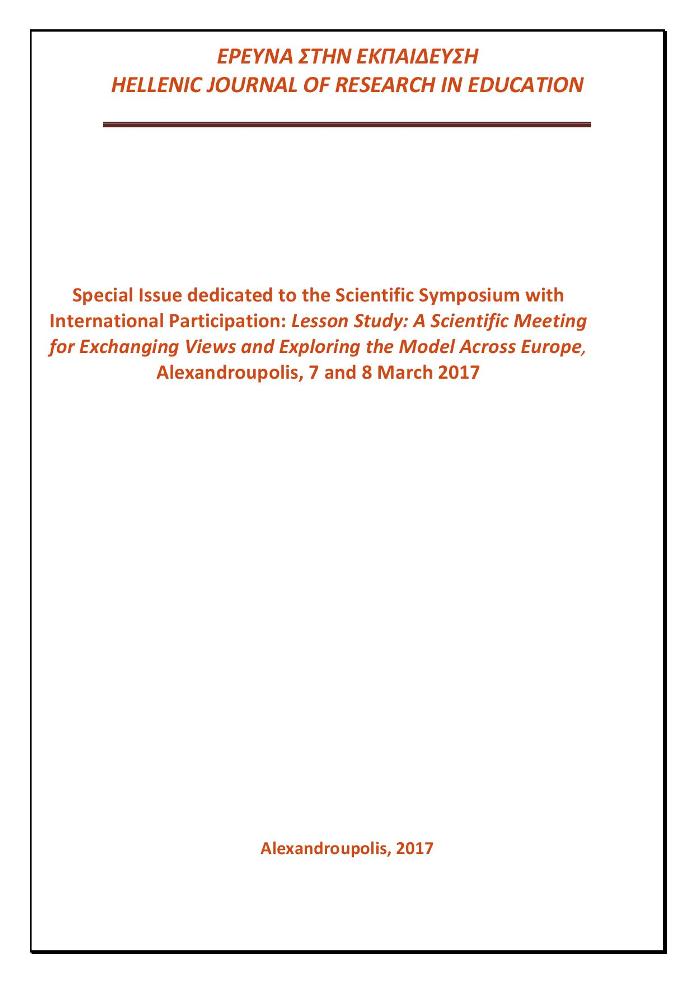Roma first school age children’s and their mothers’ beliefs about schooling and the importance of education: The case of Aghia Sophia settlement

Abstract
This study is about first school age Roma children that live in Aghia Sophia settlement in Thessaloniki and their mothers’ beliefs about formal education and schooling.10 mothers and their 7-8 year-old children, which is the age that they usually enter formal schooling, were recruited using purposeful sampling processes. This age period was selected as these first experiences are determinant for the next school years, especially in case of Roma children and the relation that they and their parents develop with school. The semi-structured interviews took place in the families’ houses using an interview protocol that was developed in the base of the research purposes and the relative literature. Qualitative and quantitative content analysis was applied. Mothers and children’s short-term expectations, the main fears and difficulties during schooling, the reasons for the school failure and non-attendance, but also the positive experiences combined with the expectations for the future were highlighted. Finally, suggestions to improve school experience are reported.
Article Details
- How to Cite
-
Αλεξοπούλου Ε., & Πεντέρη Ε. (2016). Roma first school age children’s and their mothers’ beliefs about schooling and the importance of education: The case of Aghia Sophia settlement. Hellenic Journal of Research in Education, 5(1), 129–147. https://doi.org/10.12681/hjre.10440
- Issue
- Vol. 5 No. 1 (2016)
- Section
- Articles

This work is licensed under a Creative Commons Attribution-NonCommercial-ShareAlike 4.0 International License.
Authors who publish with this journal agree to the following terms:
- Authors retain copyright and grant the journal right of first publication with the work simultaneously licensed under a CC-BY-NC-SA that allows others to share the work with an acknowledgement of the work's authorship and initial publication in this journal.
- Authors are able to enter into separate, additional contractual arrangements for the non-exclusive distribution of the journal's published version of the work (e.g. post it to an institutional repository or publish it in a book), with an acknowledgement of its initial publication in this journal.
- Authors are permitted and encouraged to post their work online (preferably in institutional repositories or on their website) prior to and during the submission process, as it can lead to productive exchanges, as well as earlier and greater citation of published work (See The Effect of Open Access).




